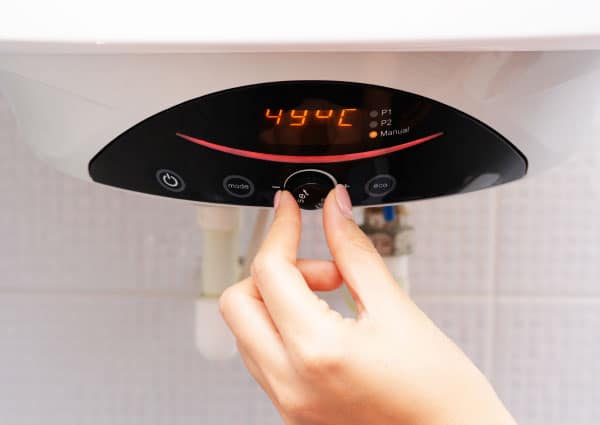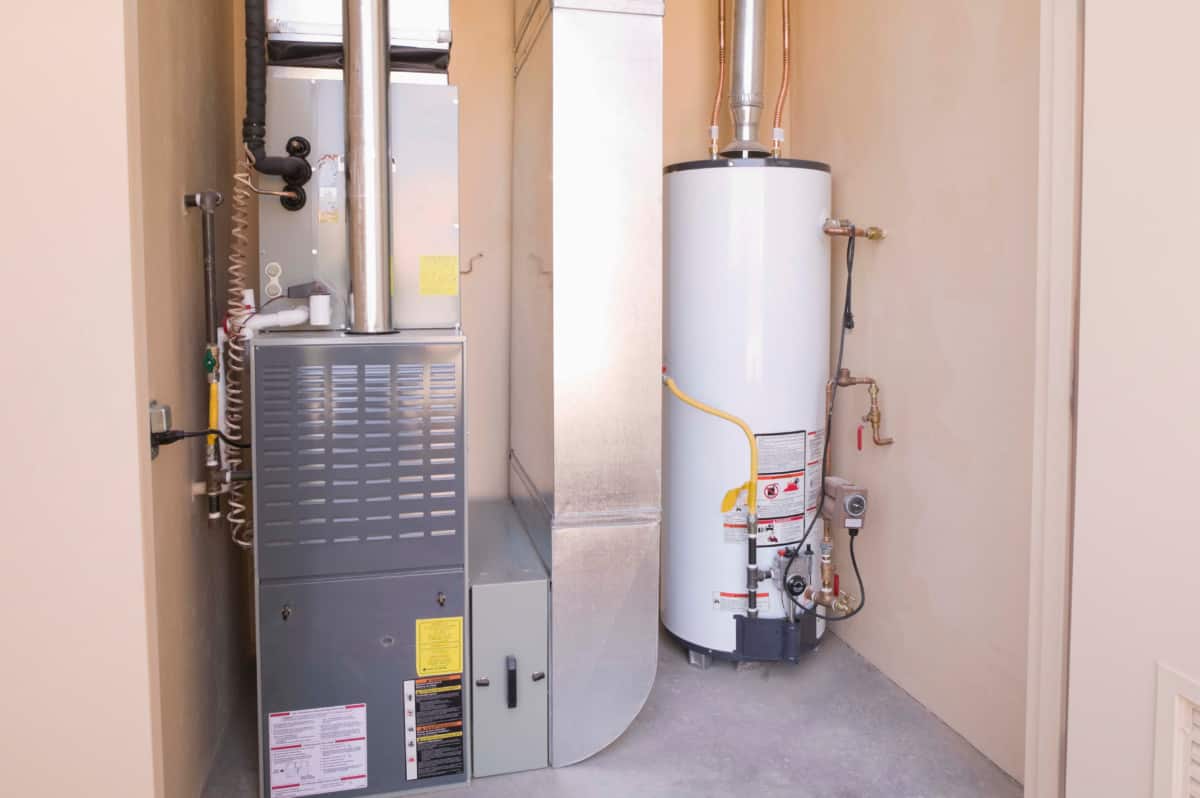What're your concepts about The Importance of Water Heater Maintenance?

A hot water heater is one of one of the most important basic appliances that can be found in a home. With water heaters, you do not need to experience the stress and anxiety of heating water by hand whenever there is a requirement to wash, do the laundry, or the recipes. However, there is constantly an opportunity that your water heater would certainly break down just like many mechanical devices.
It is essential to keep in mind any type of little malfunction and also tackle it promptly before points get out of hand. The majority of times, your hot water heater starts to malfunction when there is an accumulation of debris as a result of continuous usage. As a precaution, routine flushing of your hot water heater is advised to stop debris build-up and avoid useful failure.
Common hot water heater emergencies as well as how to manage them
Leaky hot water heater tank.
In this circumstance, you ought to turn off your water heater, permit it to cool down, as well as meticulously look for the resource of the trouble. At times, all you need to do is to tighten up a couple of screws or pipe connections in cases of small leaks. If this does not function as well as the leak continues, you may require to use the services of a professional for a suitable substitute.
Fluctuating water temperature.
Your water heating unit might begin creating water of various temperature levels usually ice chilly or scalding warm. There could be a demand to change either the heating or the thermostat unit of your water heater.
Inadequate hot water
It may be that the water heating unit can't support the warm water demand for your home. You might update your water heater to one with a bigger ability.
Stained or stinky water
When this takes place, you need to understand if the issue is from the container or the water resource. If there is no funny scent when you run chilly water, after that you are specific that it is your water heater that is malfunctioning. The odiferous water can be triggered by corrosion or the buildup of microorganisms or debris in the water heating system tank.
Final thought
Some property owners overlook little caution and minor faults in their hot water heater device. This only results in more damages and a possible full break down of your home appliance. You ought to manage your hot water heater faults as quickly as they come up to stay clear of even more expenditures and unnecessary emergency problems.
With water heating systems, you don't require to go through the stress and anxiety of heating water manually every time there is a demand to take a bath, do the washing, or the dishes. Your water heating system can start producing water of various temperatures usually ice cool or hot warm. It may be that the water heating unit can't sustain the hot water demand for your home. If there is no funny smell when you run cool water, after that you are particular that it is your water heating unit that is malfunctioning. The smelly water can be triggered by rust or the build-up of germs or sediments in the water heater tank.
Common Water Heater Issues and What You Should Do
What Type of Water Heater Do You Have?
Before we begin it’s first important that you identify the type of water heater you have on your property. There are two main types of water heaters out there: conventional and high efficiency.
Both of these types of products typically use either gas or electricity to heat power. There are also solar water heaters that use a thermal collector on the roof or yard to heat the water.
While these models are not as common, they can cut heating costs in half. In this article, we will focus on conventional and high efficiency.
How Do My Electric and Gas Water Heater Work?
Though they look similar, electric and gas water heaters work very differently. It’s important to know their basic function because often problems can be specific to the heating source.
In the electric model, a thermostat on the side of the machine detects the temperature of the water in the tank. When the temperature needs to rise electricity flows to a heating element suspended in the water.
Gas models also use a thermostat device — typically with a mercury sensor at the tip and an additional sensor called a thermocouple. The thermocouple detects whether the pilot light is on and controls the flow of gas.
When the thermostat drops below the appropriate level gas is released which becomes ignited by the pilot light. The flame heats the bottom of the water tank which causes hot water to rise and cold water to drop.
This natural circulation continues until the water reaches the desired temperature. Then, the thermostat triggers the gas control valve to shut off the flow of gas.
What Are the Most Common Issues and How Do You Fix Them?
https://happyhiller.com/blog/common-water-heater-issues-and-what-you-should-do/

As a fervent person who reads on Common Hot Water Heater Problems, I figured sharing that information was a smart idea. Kindly set aside a second to distribute this content if you appreciated it. I love reading our article about Common Hot Water Heater Problems.
Contact Us Now